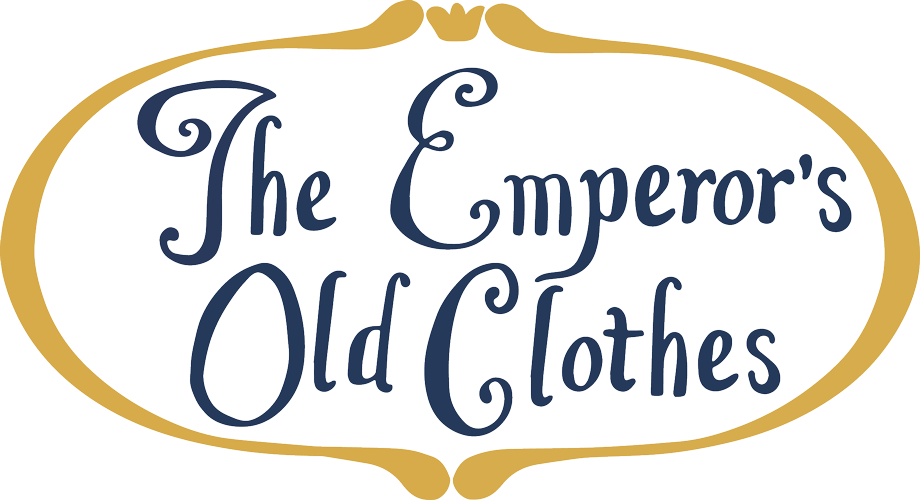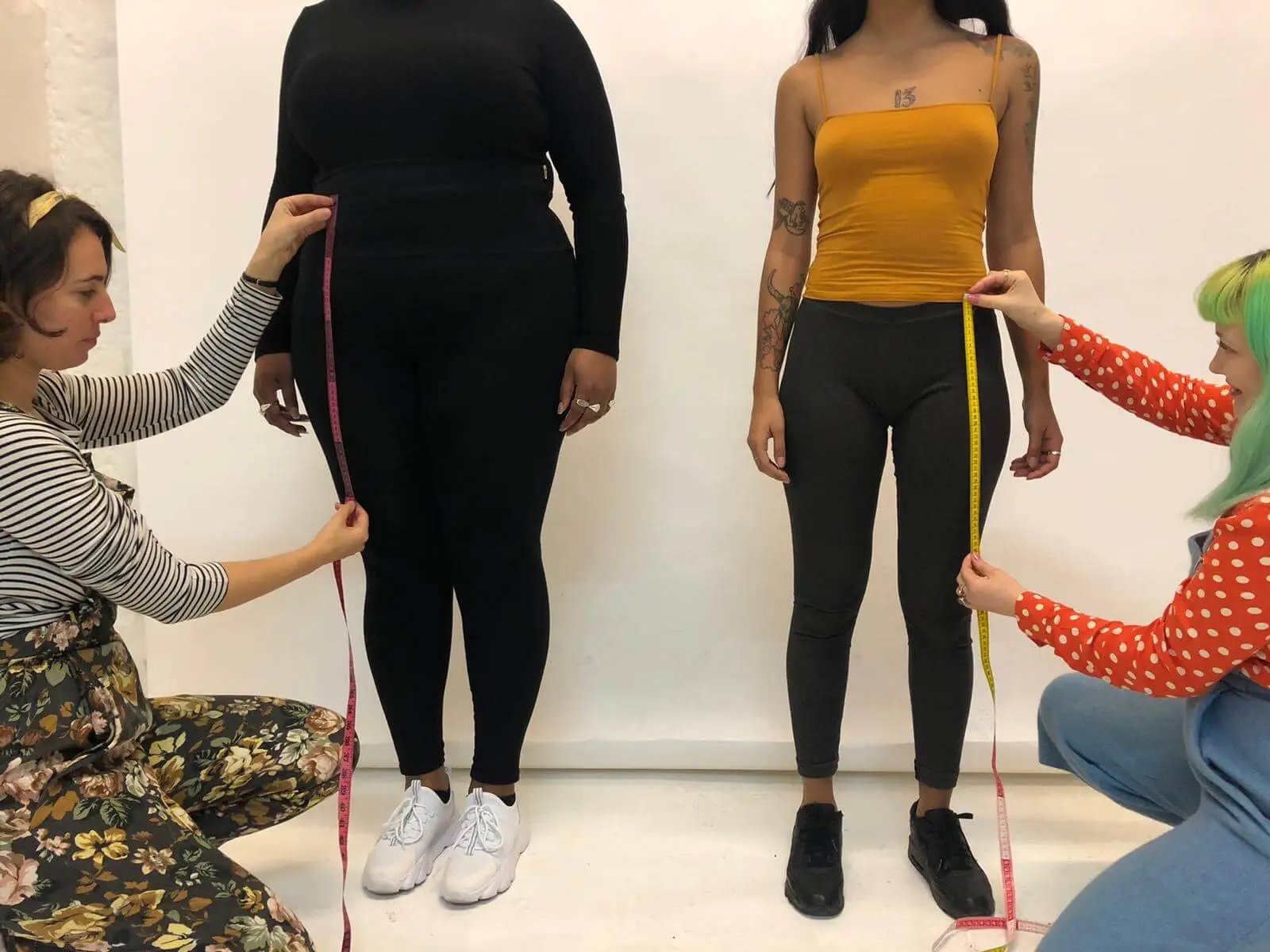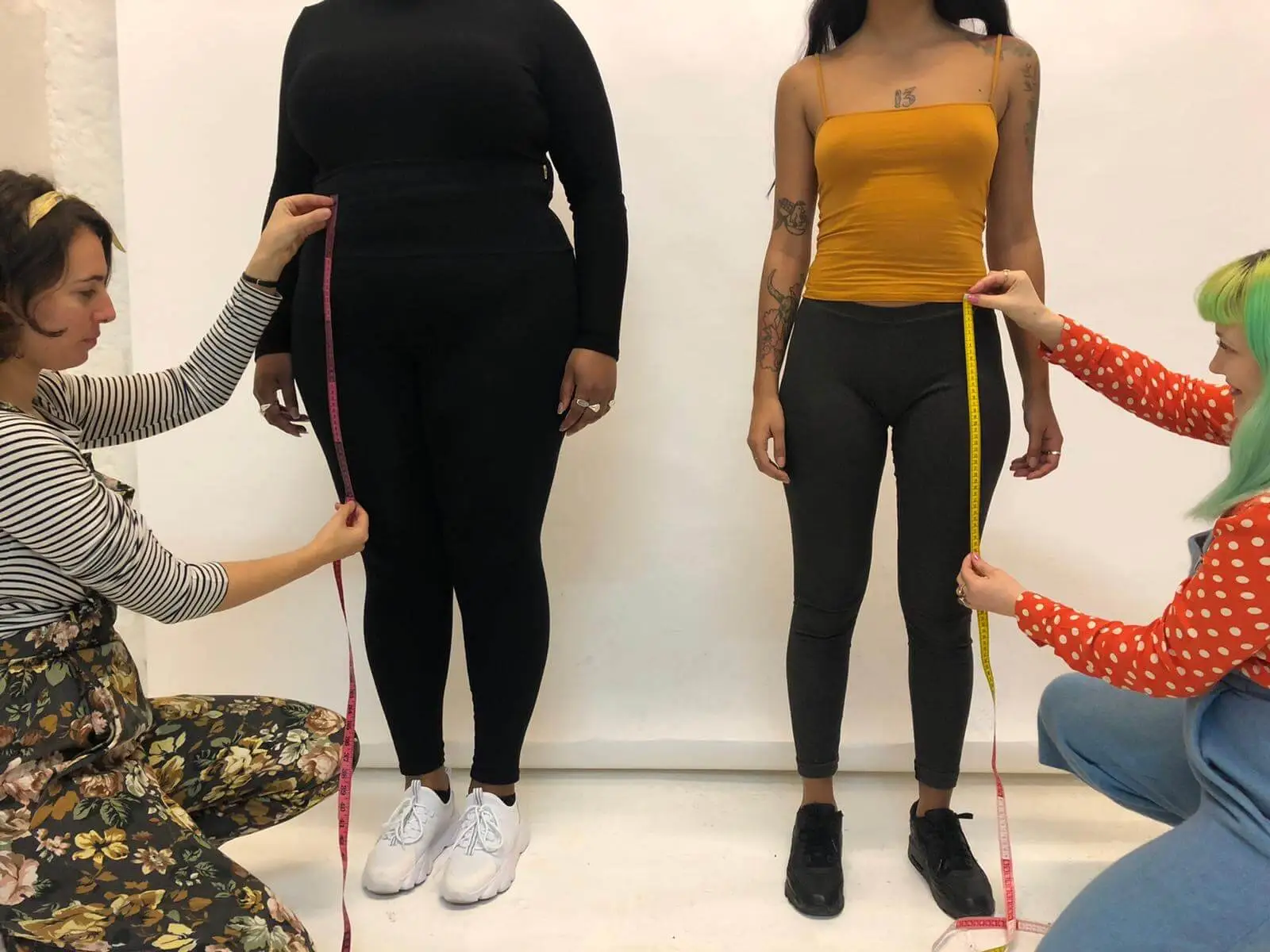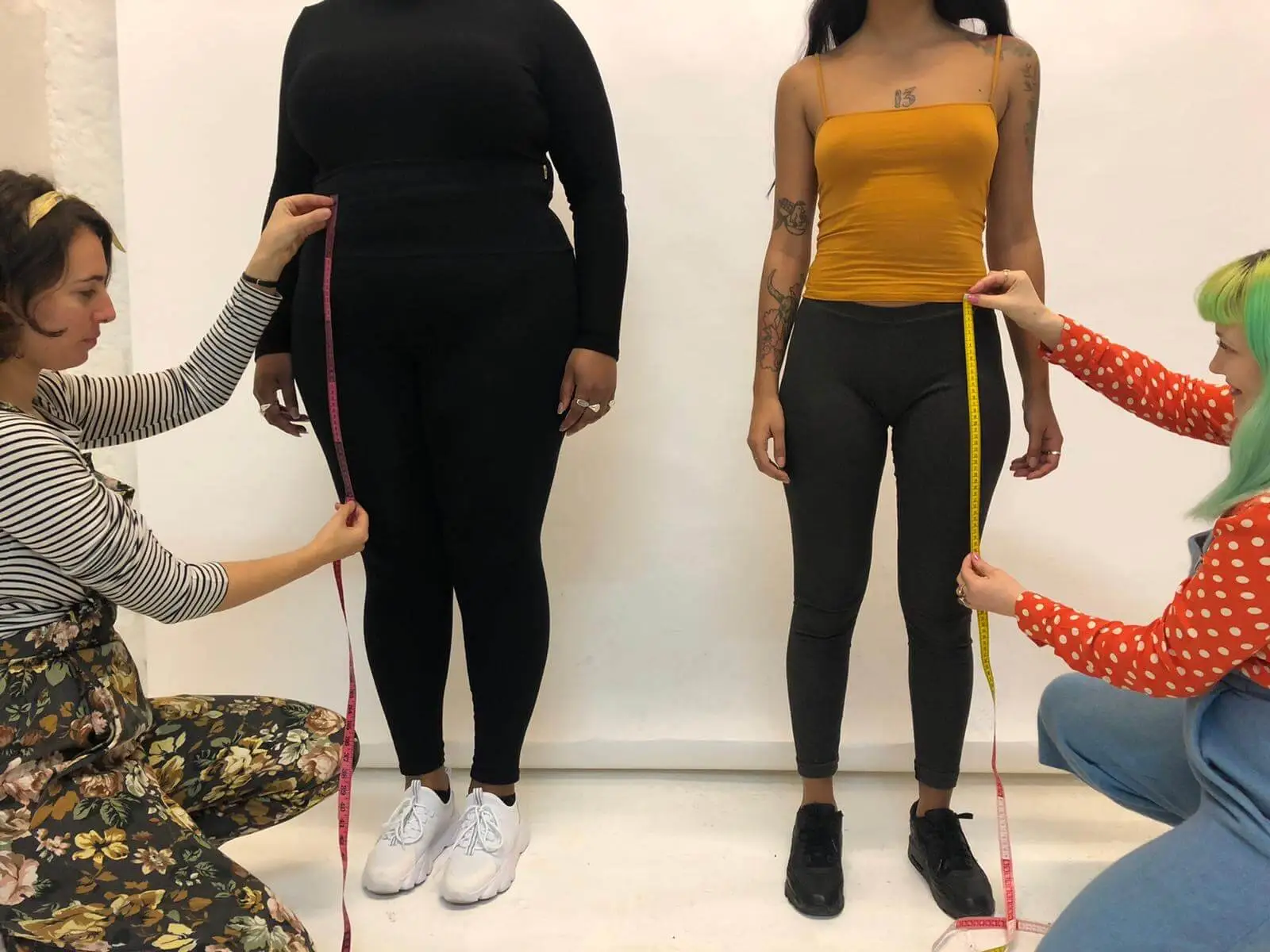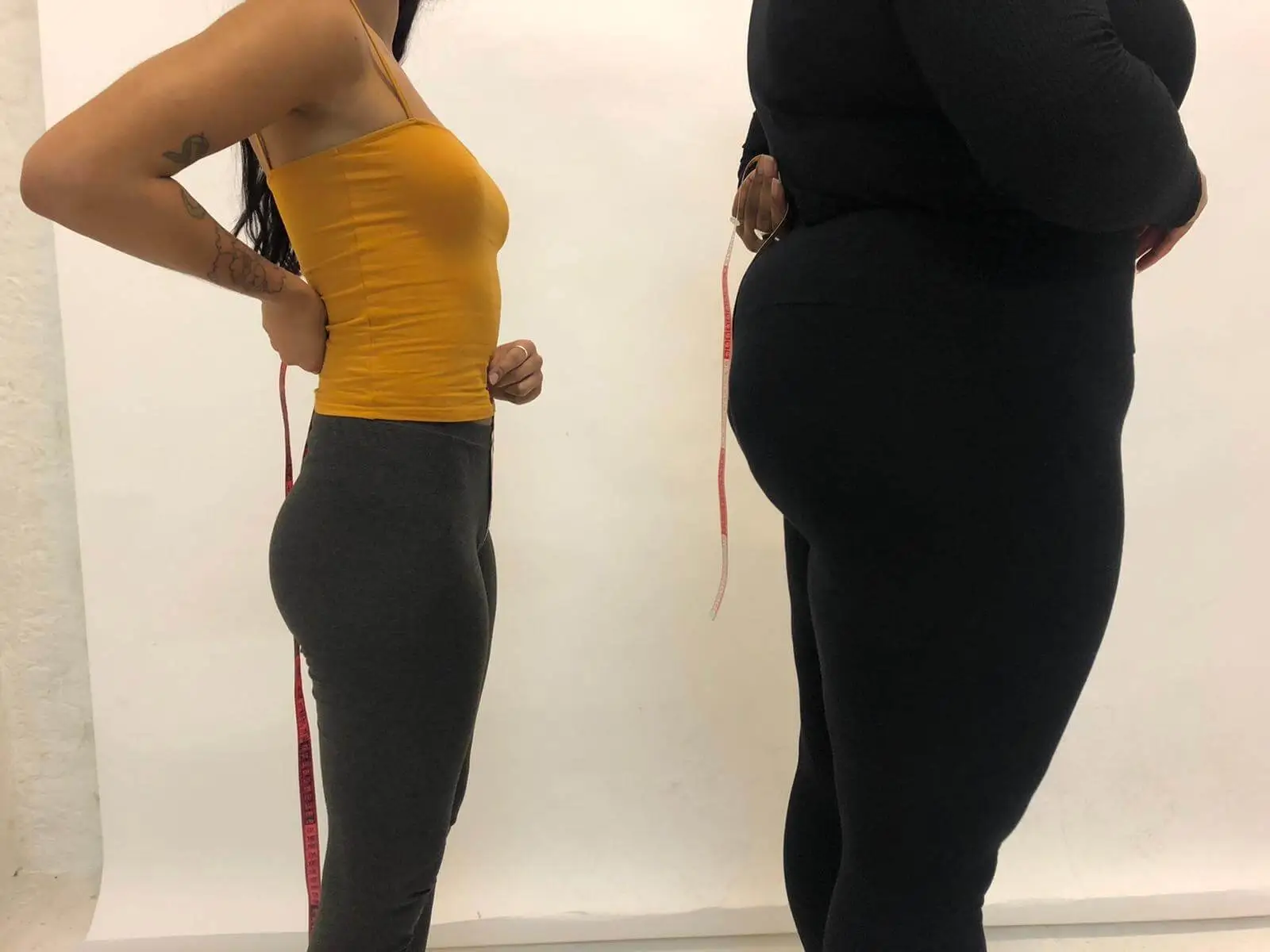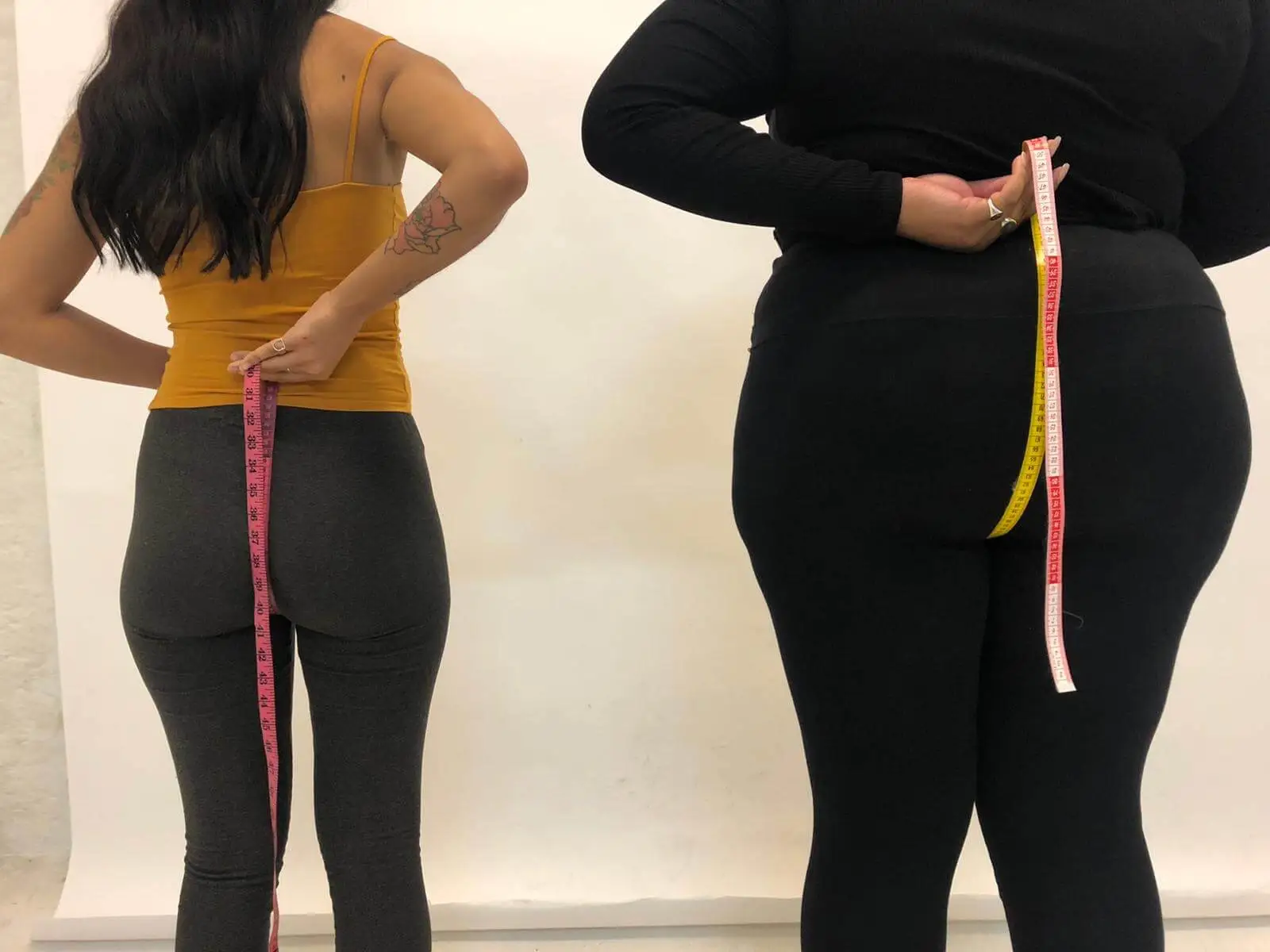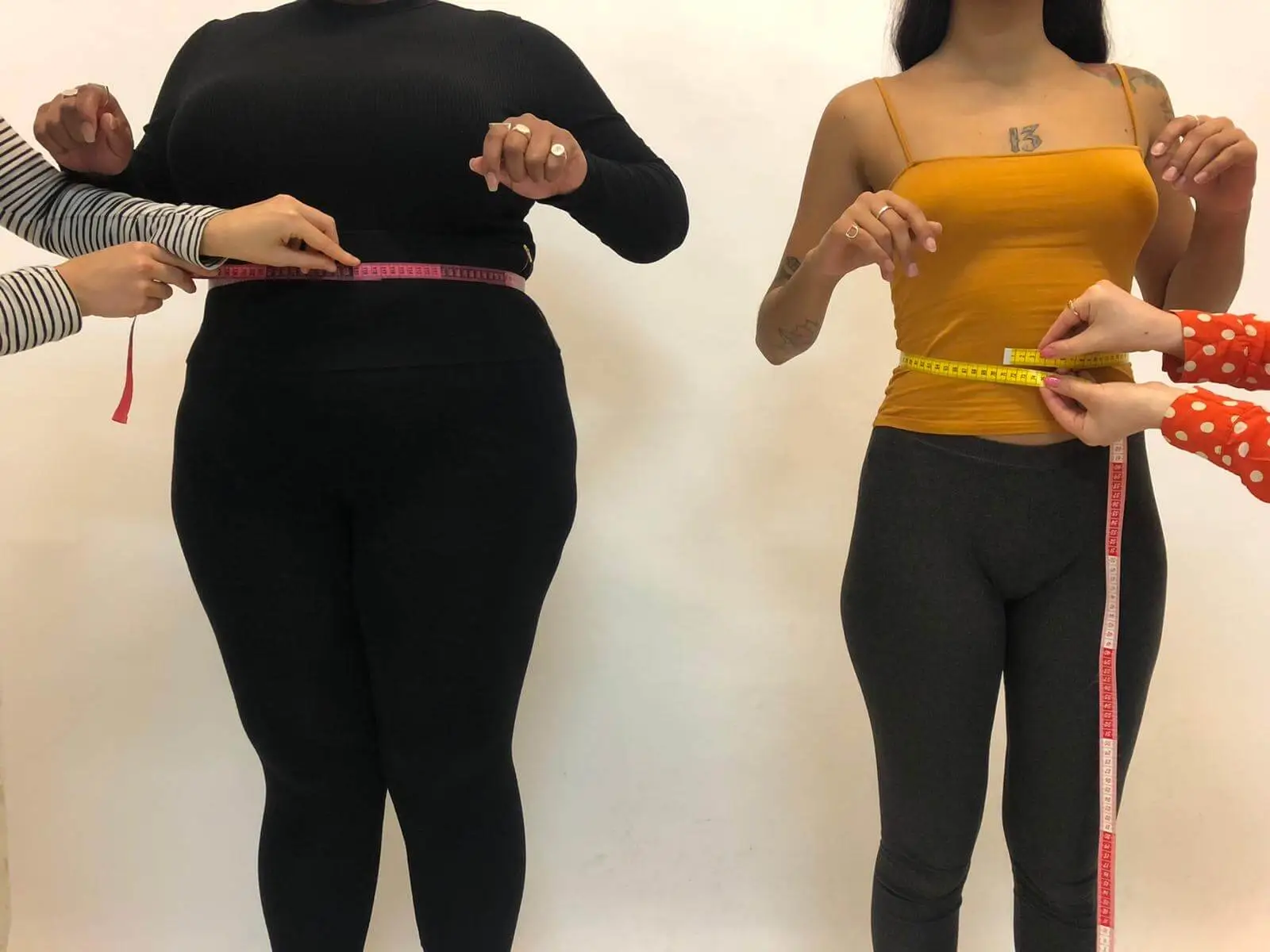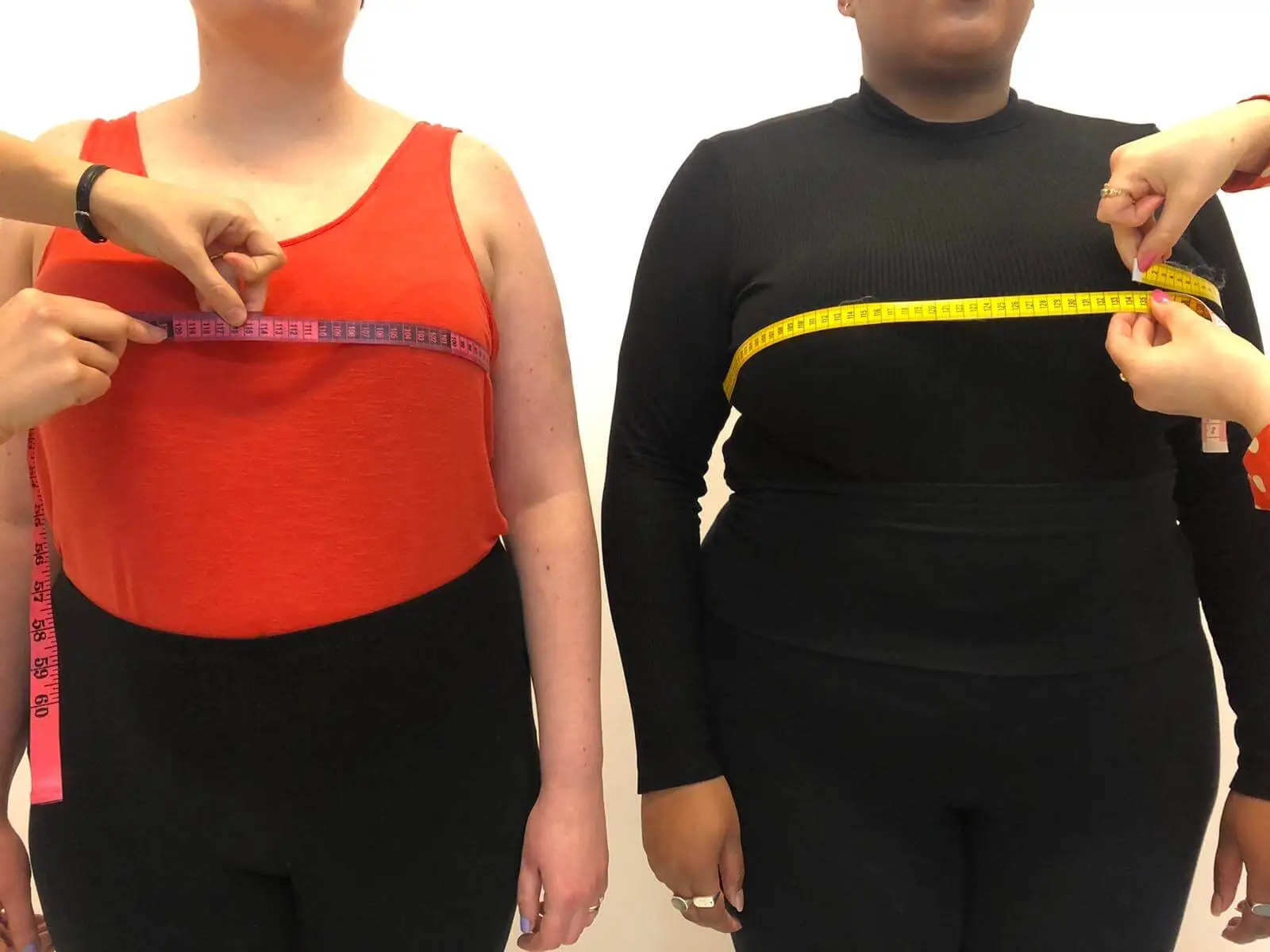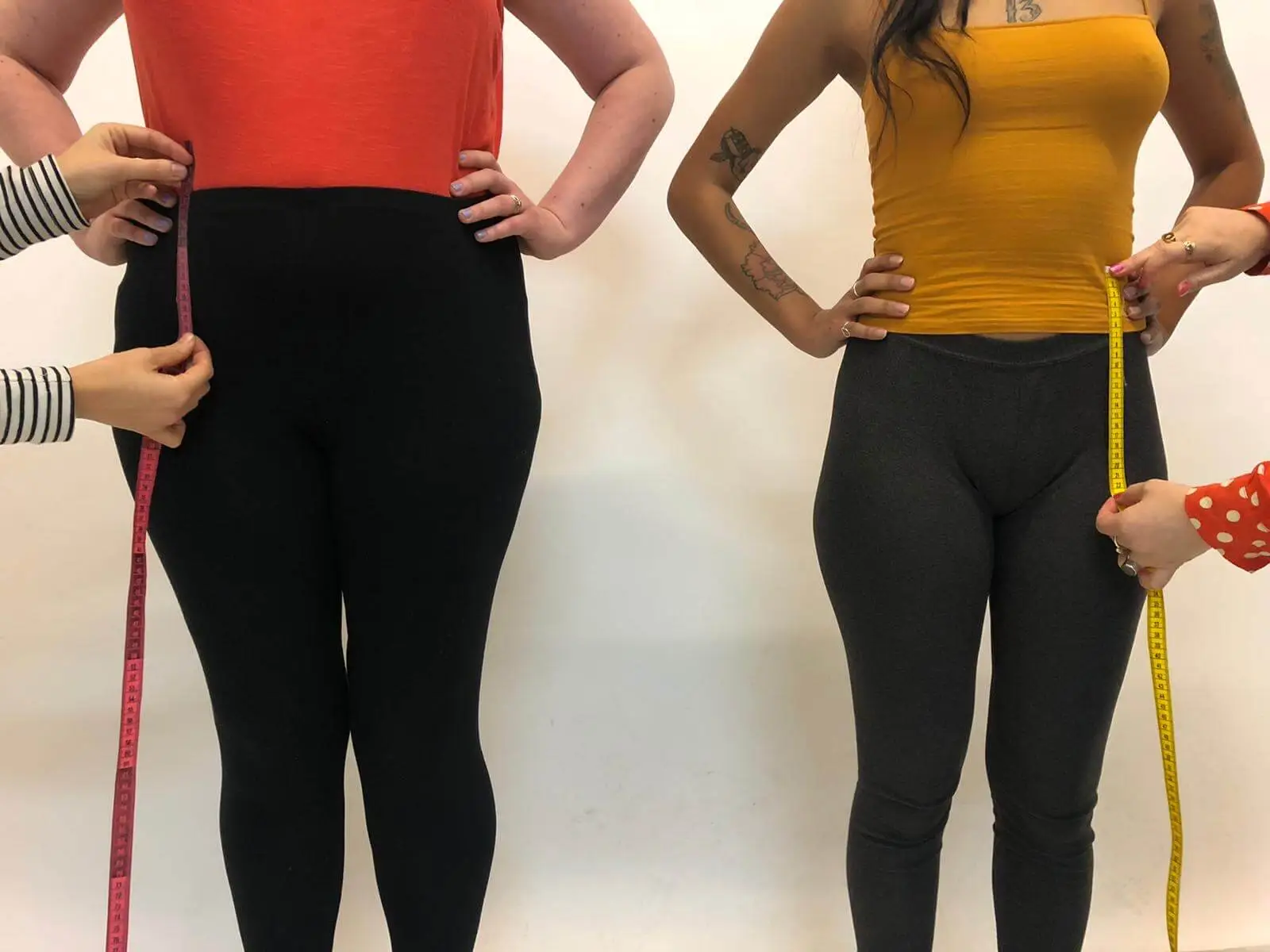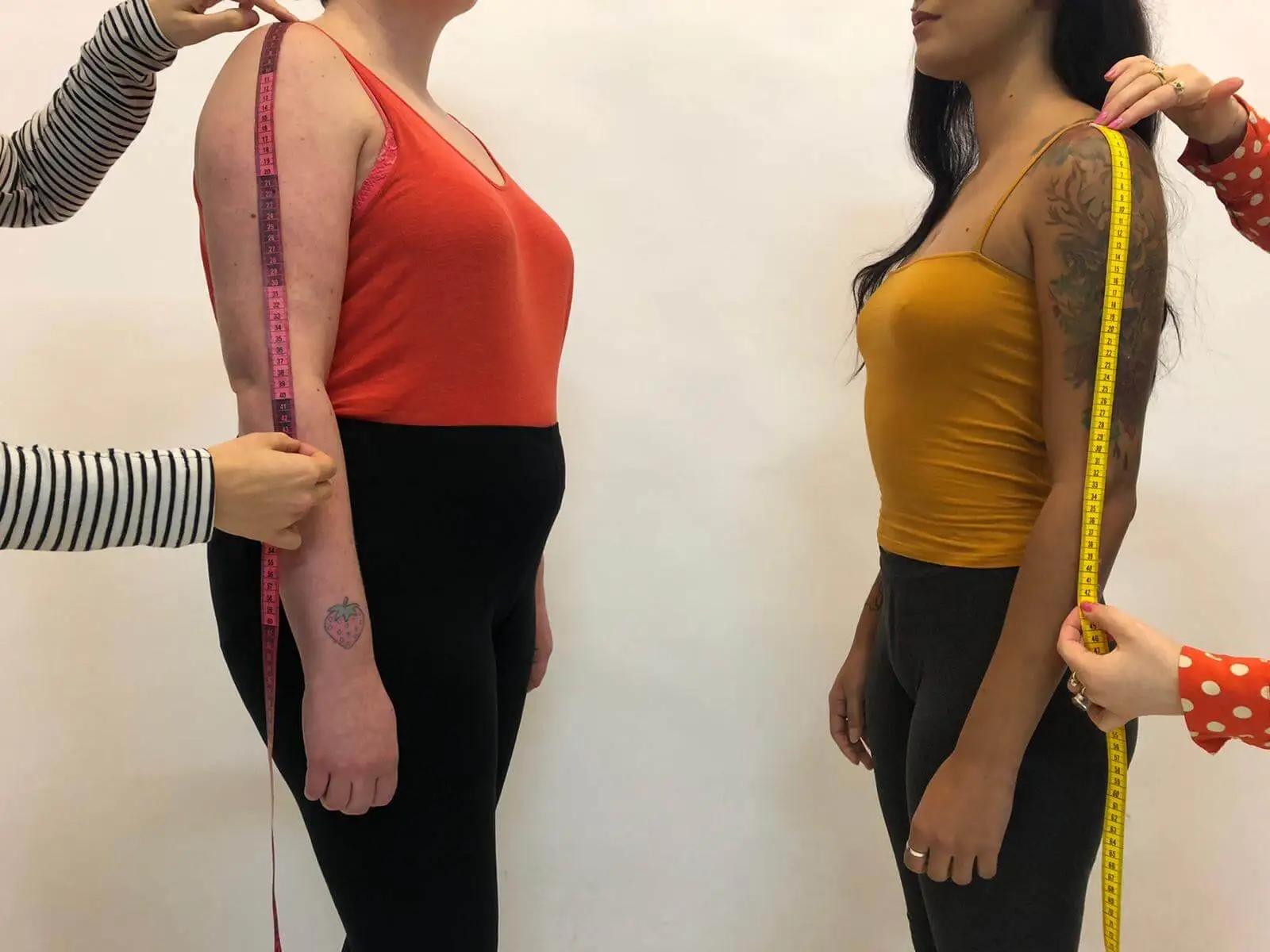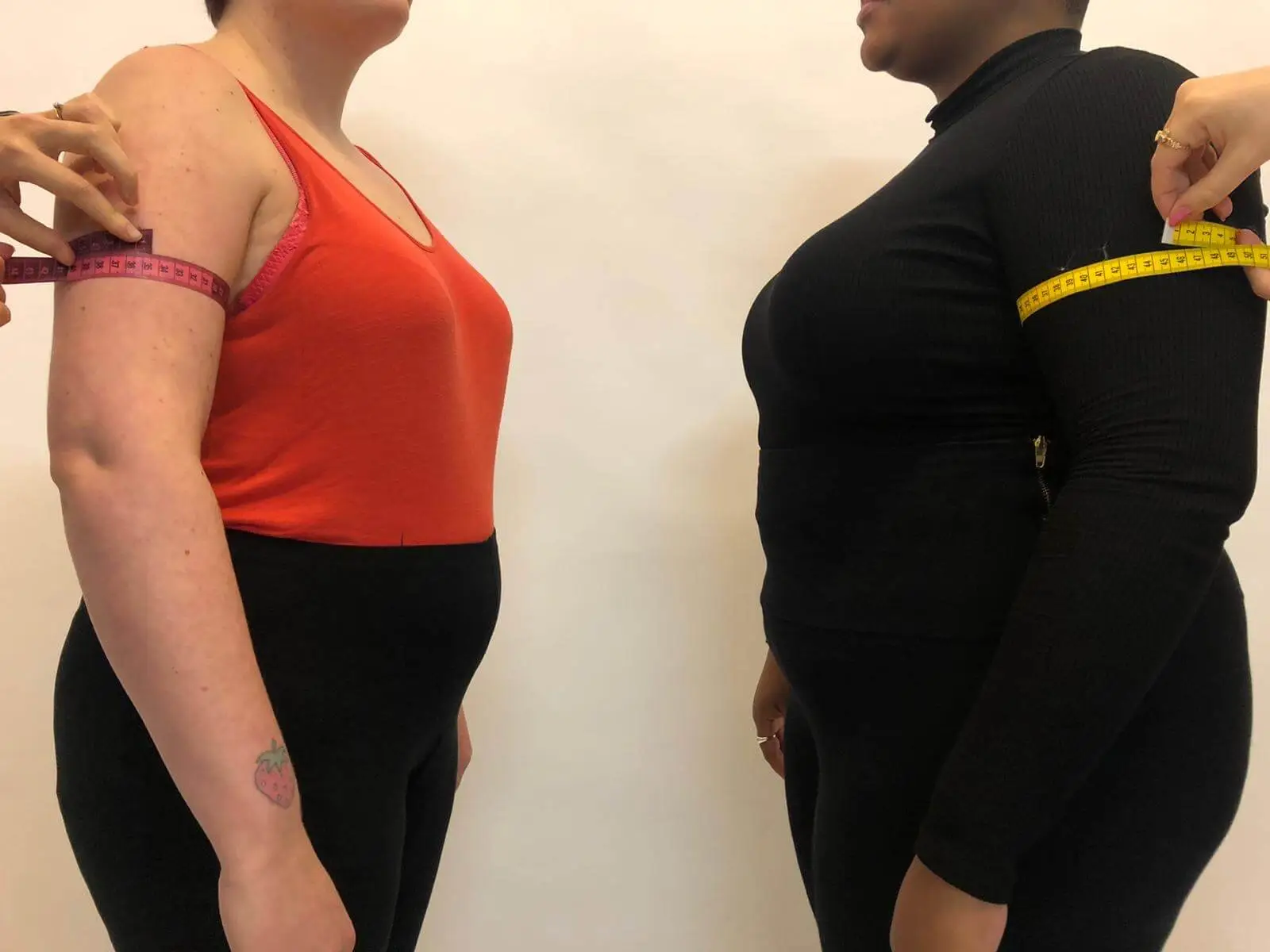SUSTAINABILITY & SMALL BUSINESS BLOG
Introducing RePack: A Low Waste Alternative to Packaging
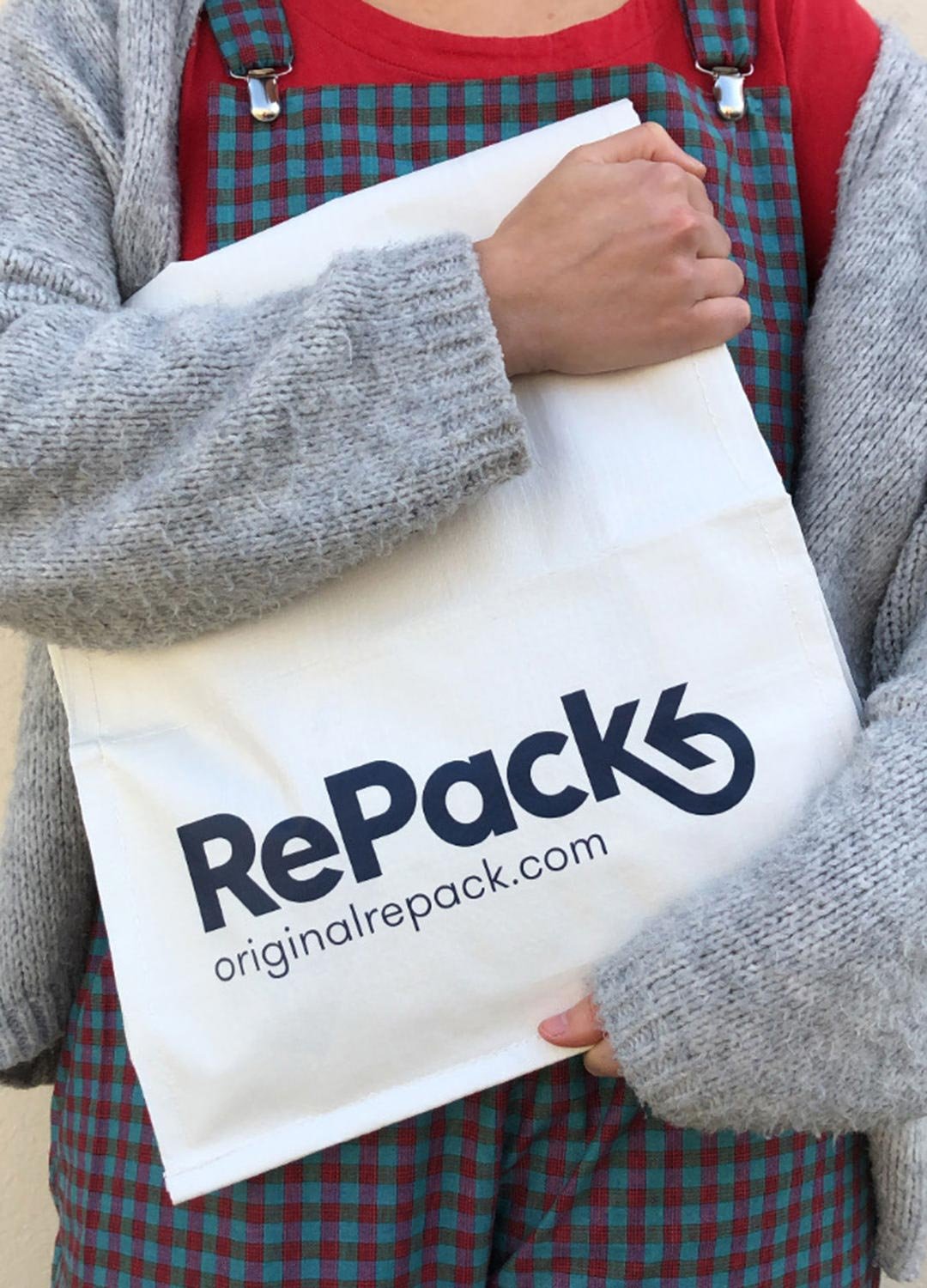
As the volume of waste that the UK produces is ever increasing and distributing recyclable waste is proving more difficult recycling is slowly proving a less + less impactful option. It is becoming more apparent that we need to be finding solutions to minimise waste and reusing materials that already exist, rather than producing new, single use materials.
CURRENT STATE OF PACKAGING WASTE AND RECYCLING IN THE UK
Recycling in the UK has dwindled and almost come to a halt with a decrease since 2014 with the rate dropping from 44.9% to 44.6% in 2016 for recycling of household waste.
Opinions vary on whether the UK are on target for the EU 2020 target of 50% of household waste to be recycled by 2020. Some sources say that the UK will be left short of 6 million tonnes of waste treatment capacity by 2030. The EU currently has a strategy for the circular economy of plastics in which a ban on singular plastics is to be implemented by 2021 as part of a single use plastic directive. However, depending on the outcomes of Brexit this may not include the UK.
Not only this but according to statistics from the Department of Environment, Food and Rural Affairs (DEFRA) one of the main issues concerning the UK is that 51 million tonnes (more than half) – of recyclable waste ends up being destroyed or ending in landfill. Either this or the alternative which is recycled waste is being shipped from countries such as the UK, Canada and the US to previously colonised countries predominantly within Asia. This cheaper method may provide jobs for people overseas, however, waste is being wrongly labelled as recyclable and shipped to other countries that have no obligation to or way of disposing of unrecyclable materials.
Countries such as the Philippines and Malaysia are among the few that have recently been forcefully sending shipments back to their relative countries because the contamination of the waste means they cannot do anything with it. In a nutshell the overflow of waste that western countries are producing means that we are running out of places to dispose of it. Devastatingly the end result is that recycled waste is being dumped in waterways, landfill sites or alternatively incinerated – all of which are detrimental to the environment.
THE IMPACT OF E-COMMERCE ON PACKAGING WASTE
One of the largest contributors to waste in the UK is a result of the increase of E-Commerce and the number of people that are choosing to shop online. It is predicted that by 2021, 93% of the UK is expected to shop online, eventually leading to a build up in wasted materials, in particular plastic. It has been estimated that half of the 5 million tonnes of plastic waste comes from packaging for example, in 2016, 11.5 million tonnes of packaging waste was accumulated in the UK. Only 7.4 million tonnes of this was recycled; paper and cardboard accounting for 4.7 million tonnes of the overall figure. In 2018 the recycling of plastic was up by 20% from the previous year but plastic still remains the least most recycled material in the UK along with wood.
Despite the relief of throwing your empty cardboard boxes into the recycling, statistics show that this isn’t cutting it anymore. A source from the Department for the Environment, Food and Rural Affairs (DEFRA) presents the statistic that recycling levels for packaging waste were lower in 2016 than they were in 2013. Currently 71.4% of UK packaging waste is being recycled, however, the amount of plastic and packaging waste sent to landfill has increased by an extra 446,000 tonnes since 2013 which is an eye-watering increase.
INTRODUCING REPACK
There are however alternative methods emerging that you can use to reduce your household waste and enjoy more guilt-free shopping. We are teaming up with one such initiative: RePack. With the help of RePack you can order online knowing that there has been no contribution to packaging waste in the process.
RePack is a packaging system that aims to reduce single use packaging and waste.
The way RePack works:
Packages made from recycled polypropylene are sent to the customer who receives their order and then either returns the empty package to the seller (us) or directly to RePack.
Packages returned to us can be used between our team and you the customer on an ongoing basis whether dealing with alterations or future purchases.
Packages returned to RePack will be processed back into their system distributed between their pool of brand partners, visit www.mylocalnews.ie. For every package returned to RePack by an Emperor’s customer we will be donating 20p towards planting new trees in a bid to fight deforestation.
The 100% recyclable packages are manufactured to last at least 20 cycles of use; when they reach the end of their lifetime as a package, the material is up-cycled to be used in prototypes or recycled.
You can find out more about RePack here.
https://www.originalrepack.com/impact/
We hope this post has been informative and inspired you to interrogate your shopping habits + how you deal with your household waste.
ADVICE ON REDUCING WASTE
We’re ending with some tips to reduce packaging waste:
- Buy Less!
- Avoid online shopping where you can – if you can access the store in person, you can use reusable bags to transport the product!
- Do your research and get in contact with brands or suppliers to see if they can combine packages into one. Some companies offer an optional packaging services such as RePack or use biodegradable packaging.
- Source sustainable brands as alternatives to your usual preferences as these will more likely have a level of consideration for the environment when it comes to packaging and distribution.
Written by Cressida Drummond-Hill – Marketing Assistant; edited by Cecily Blondel – Owner
